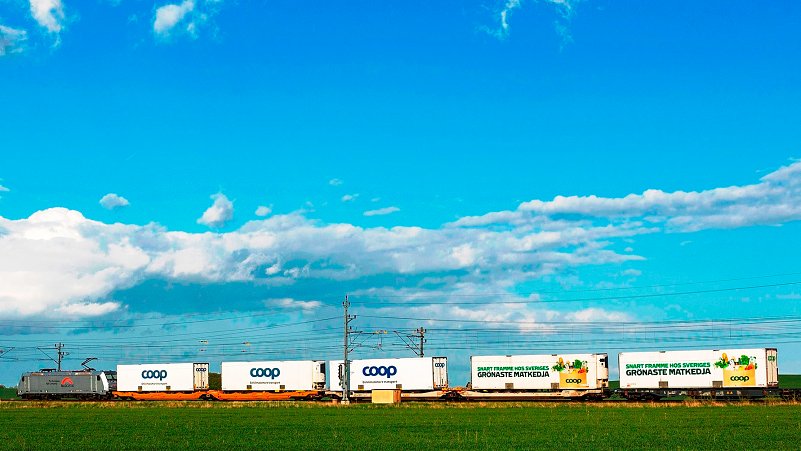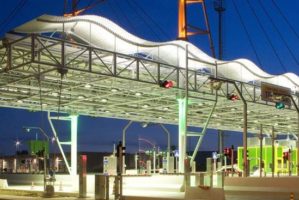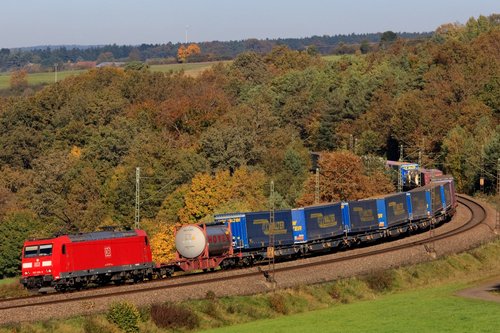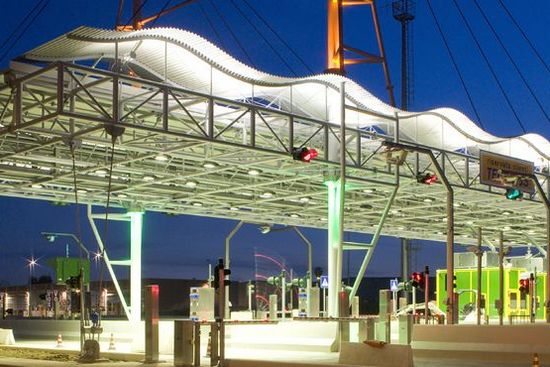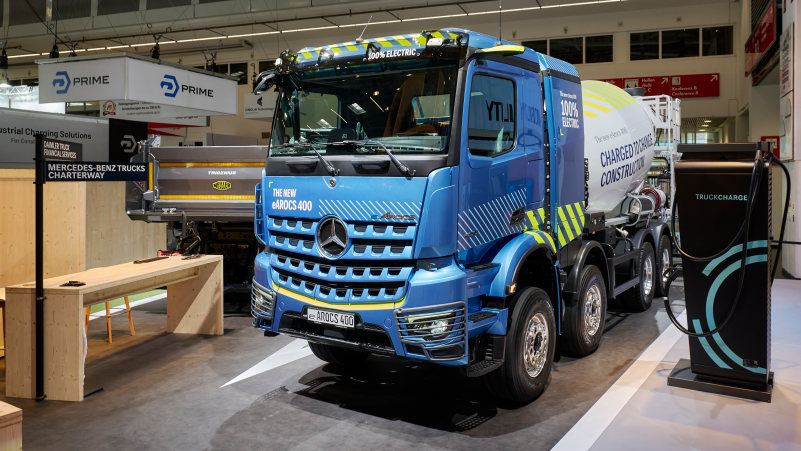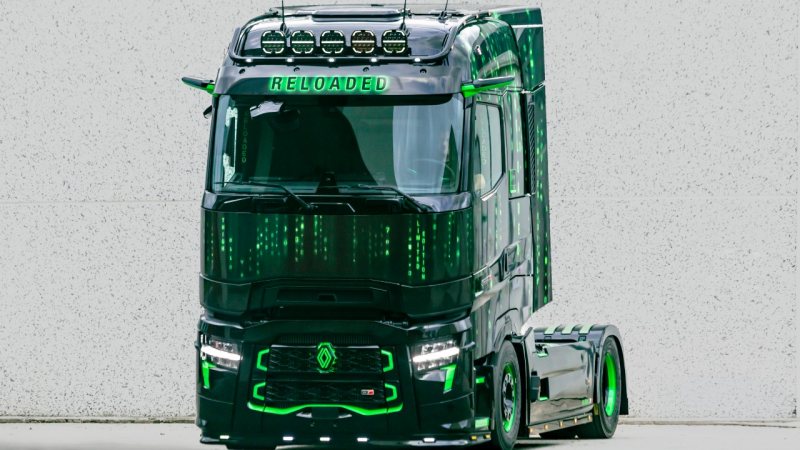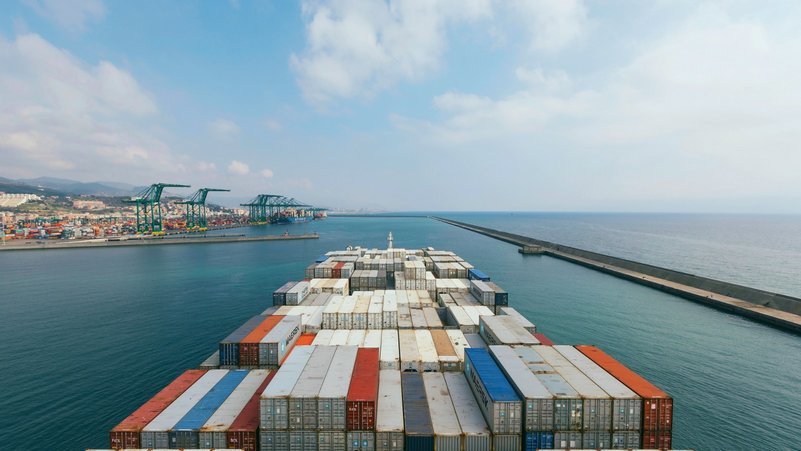Österreichische Post has announced a comprehensive shift of its entire fleet of heavy-duty industrial vehicles to Hydrotreated Vegetable Oil (HVO) biodiesel. This renewable energy source, derived from waste fats, plant residues, and oils, enables a reduction in CO2 emissions by up to 90% compared to fossil diesel. The fleet comprises 180 vehicles from brands such as Iveco, Man, and Volvo, used for transporting parcels, letters, newspapers, and magazines between logistics centers, delivery bases, post offices, and partners across Austria. The conversion involves sourcing fuel from suppliers like Eni, MMM, OMV, and Turmöl, ensuring compliance with EU renewable energy directives. Thanks to long-term supply contracts, Österreichische Post does not anticipate a significant increase in costs.
HVO biodiesel can be used in modern diesel engines without any technical modifications or vehicle conversions and is approved by all manufacturers supplying vehicles to the Post. During the initial phase, the first sixty trucks were refueled with HVO, and approximately four million liters of diesel were replaced by the new fuel. The total conversion was completed by the end of June, with the Post estimating that the full transition will replace around six million liters of diesel annually with a fully sustainable fuel source.
"With HVO, we can significantly reduce our emissions starting today. With an annual diesel consumption of approximately six million liters, we will save several thousand tons of CO2. We view HVO as a bridging technology that will help us cut emissions until alternative propulsion systems like hydrogen or e-fuels are market-ready and economically viable," stated Peter Umundum, Board Member for Parcel & Logistics at Österreichische Post.
Prior to the full fleet conversion, Austrian Post conducted extensive HVO vehicle tests between July and September 2023 in the metropolitan areas of Vienna and Graz, deeming the trial a complete success. The trucks were used on their daily postal routes, and valuable data was collected on everyday use. The vehicles showed no increase in fuel consumption, and their handling and performance were comparable to those achieved with diesel propulsion. The refueling process was straightforward, with similar timing to conventional diesel pumps and no odor of vegetable oils or fats.
Austrian Post’s CO2 reduction plans also include a significant push towards electric propulsion, particularly for the last mile of delivery. Currently, over 4,000 electric vehicles operate on Austrian roads for postal services, with numbers growing rapidly. Since spring 2022, only electric vehicles have been purchased for deliveries, with up to 1,000 new units added each year. The Austrian electric fleet consists of over 1,200 e-bikes, e-cargo bikes, e-scooters, and over 2,700 electric vans and transporters. By 2030, Austrian Post aims to convert its entire delivery system—over 10,000 vehicles—to electric propulsion, achieving a CO2-free delivery service.
Austrian Post also generates part of its required electricity: 28 photovoltaic plants with a current peak power of around 9.54 megawatts (MWp) are operational across the country, with the remainder of the demand met through purchasing exclusively green electricity produced within national borders. Graz is the first city to boast a fully electric postal service, followed by pilot projects in Innsbruck and Salzburg before expansion nationwide. In Salzburg alone, 126 charging stations have been installed, and 193 new electric vehicles entered service over the past year, covering approximately 1.9 million kilometers annually and saving 180,000 liters of diesel. The total investment amounted to around six million euros. Through the combined efforts of electric propulsion and HVO fuel, Austrian Post aims to offer a 100% sustainable service by 2030.
"The rapid implementation of CO2-free delivery by Austrian Post in Salzburg is an impressive example of sustainable innovation and environmental protection. This measure actively contributes to emission reduction and sends a clear signal for future-oriented, eco-conscious logistics. Moreover, this initiative demonstrates that we can make a significant contribution to climate protection through joint efforts and investments in green technologies," said Stefan Schnöll, Vice Governor of the city of Salzburg.
Marco Martinelli





